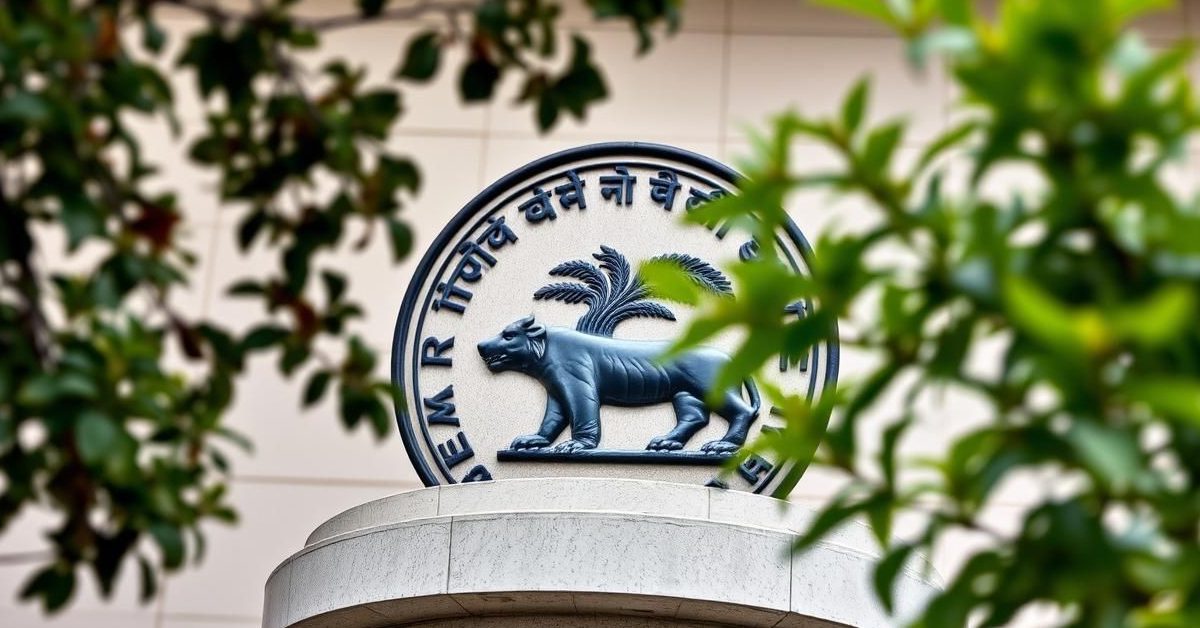The United States has secured a significant trade deal with Japan, opening up Japan’s politically sensitive rice market to American agricultural products, a breakthrough that comes amidst ongoing agricultural trade disputes with India.
US Secures Major Agricultural Access in Japan
US President Donald Trump recently announced a comprehensive trade agreement with Japan. This deal grants American agricultural products, including rice, crucial access to the Japanese market, a long-sought goal for the US.
Under the terms, Japan will implement reciprocal tariffs of 15% on certain goods, a lower rate than the 25% the US had initially threatened. President Trump highlighted the deal’s broader scope, stating it includes substantial Japanese investment in the US and will create numerous jobs, alongside opening Japan’s market to US cars, trucks, and other agricultural products.
Rice: A Deeply Sensitive Commodity in Japan
Like in India, rice holds immense economic and political importance in Japan. Its sensitivity is such that a former Japanese farm minister was forced to resign after making a casual remark about receiving rice as gifts from supporters.
Japan is currently grappling with a rare cost of living crisis, which has seen rice prices more than double compared to the previous year. This economic pressure has impacted public sentiment, contributing to a defeat for the ruling coalition in recent upper house elections.
India’s Stalled Agricultural Trade Talks
This Japanese agreement arrives shortly after India concluded a round of trade talks with the US without reaching a deal. A primary sticking point in these negotiations was market access for agricultural products, especially staple foods like wheat and rice, which remain highly sensitive in India.
India holds the position as the world’s largest rice exporter. Its domestic agricultural policies, including farmer subsidies, have drawn criticism from Western nations like the US, though New Delhi maintains its stance on these support systems.
A global impact of India’s rice policy was seen in July 2023, when a temporary ban on rice exports led to a significant 32% increase in global rice prices. The ban was later lifted as domestic inventories recovered.
Indian Farmers Voice Strong Opposition
Farmers’ organizations in India, such as the Indian Coordination Committee of Farmers Movements (ICCFM), have strongly urged the government to exclude agriculture from any trade deal with the US. They argue that heavily subsidized US agricultural products would flood the Indian market, severely undermining local farmers.
The ICCFM points to the staggering US farm bill, which allocates $1.5 trillion towards farm support. Such vast subsidies, they contend, allow American goods to be exported at artificially low prices. Permitting these imports would also weaken India’s long-standing position at the World Trade Organization (WTO) against excessive agricultural subsidies.
- The US secured market access for agricultural products, including rice, in a new trade deal with Japan.
- Japan agreed to 15% reciprocal tariffs, less than initially threatened.
- Rice is a politically and economically sensitive commodity in Japan, impacting government and public sentiment.
- Trade talks between the US and India recently stalled, primarily due to disagreements over agricultural market access.
- Indian farmers’ groups are concerned that US agricultural imports, bolstered by massive subsidies, would harm domestic producers and undermine India’s WTO stance.
These developments highlight the complex and often contentious nature of agricultural trade in global economic relations, particularly concerning staple commodities like rice.














